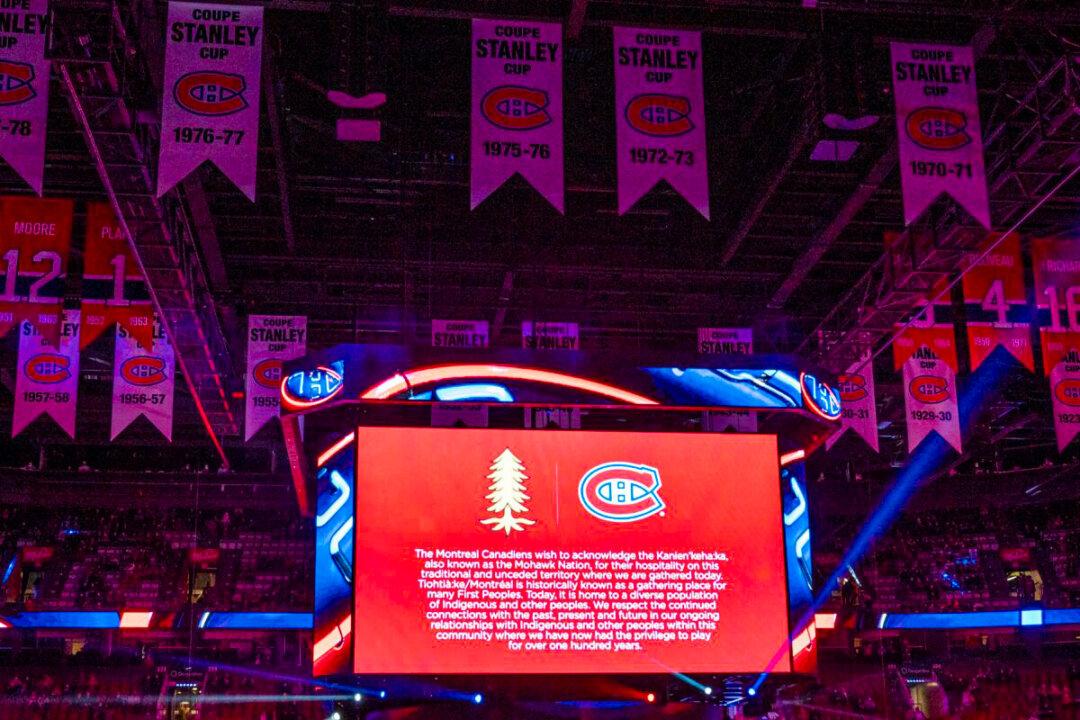News Analysis
Indigenous land acknowledgements have become a mainstream practice across Canada in different sectors of society, from private entertainment events to the public service to public ceremonies.

Indigenous land acknowledgements have become a mainstream practice across Canada in different sectors of society, from private entertainment events to the public service to public ceremonies.